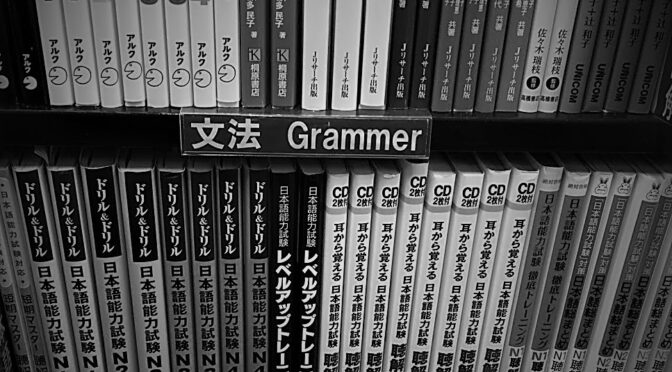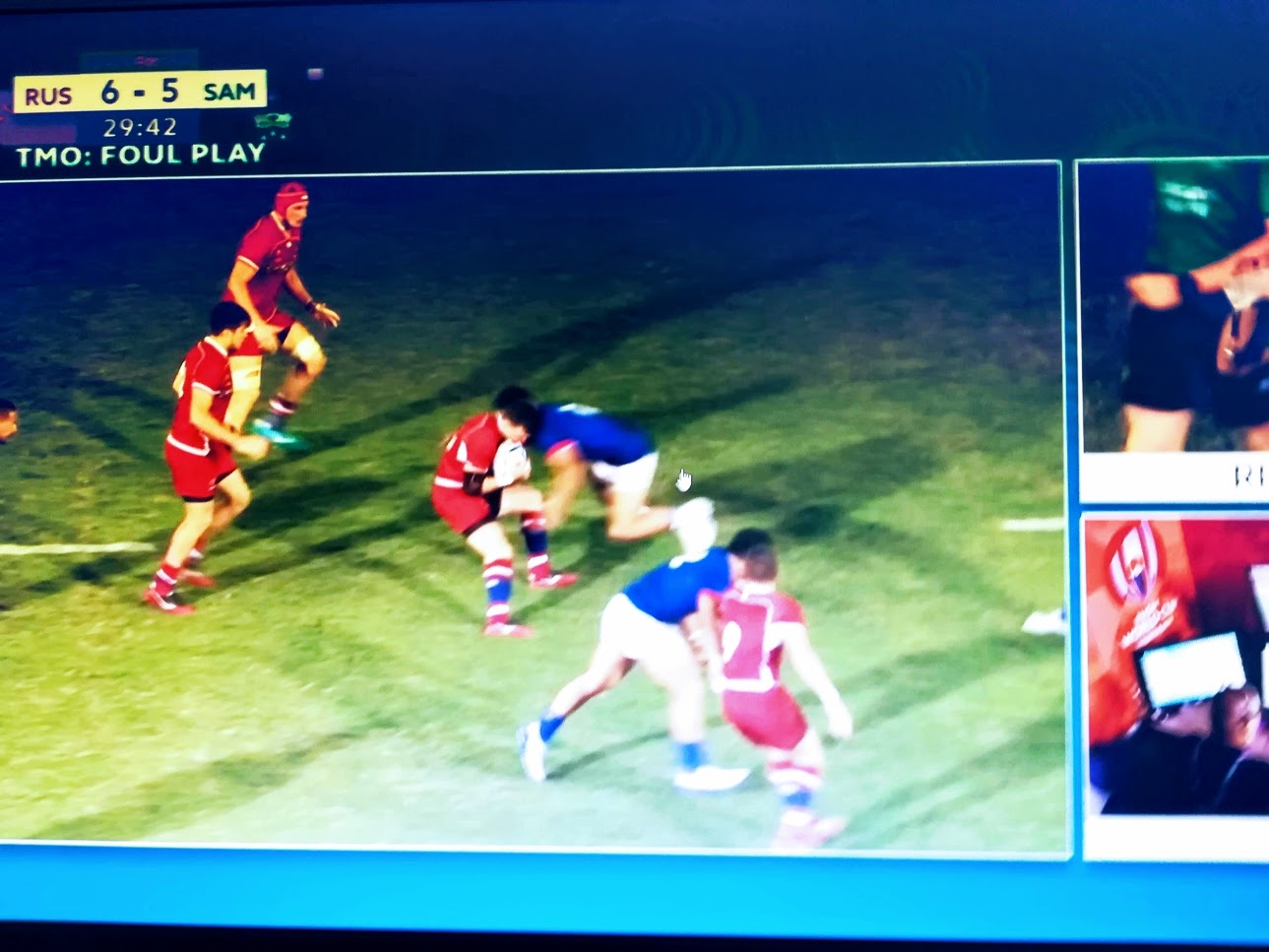This is going to be a fairly brief blog today, as time does not really permit anything else. The reason why? I’ll be working all the way up until the rugby games start. Working on weekends is a fact of life for pretty much everybody employed at an “eikaiwa” (language school), and I’m one of the lucky ones. I have Sundays off.
As visitors to Japan will have realised, not all Japanese can speak English. Even if they can speak English, they may lack the confidence to actually use it. Part of the reason is down to shyness, but it should also be taken into account that Japanese as a language is a bit like English back to front. For the Japanese, English is Japanese back to front.
Not only does the alien sentence structure of the two languages mean that it’s really hard to get going at the beginning, there is also the added issue of katakana, which throws up a lot of words that sound like English to Japanese, but are often intelligible to foreigners. Can you imagine the frustration if you think you are saying a correct English word, but the native speaker can’t understand it?
In truth, you can probably guess the easy ones like ‘baby car’ or ‘game centre’. However, it’s highly unlikely you would have any idea what “konsento”, “hochikisu”, “virgin road”, “NG” or “CM” mean. They mean advertisement, church aisle, not OK, socket and stapler, but not in that order. I’ll let you try and work out which is which.
So if you’re watching the game with Japanese people of limited English ability today, remember to speak clearly and grade your language. Oh, and please don’t say their English is much better than your Japanese. Of course it is. It’s the very definition of a backhanded compliment.
Today’s Matches
Australia vs Uruguay (1415 JST) (Oita Stadium, Oita)
England vs Argentina (1700 JST) (Tokyo Stadium, Tokyo)
Japan vs Samoa (1930 JST) (Toyota Stadium, Toyota)
Tomorrow’s Matches
New Zealand vs Namibia (1345 JST) (Tokyo Stadium, Tokyo)
France vs Tonga (1645 JST) (Kumamoto Stadium, Kumamoto)
Expression of the day
英語が上手ですね ! (eigo ga jouzu desu ne)
Which means…
Your English is really good!
Previous Day Next Day
WORKING WEEKENDS



